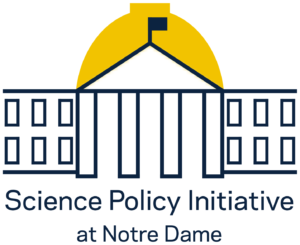The meeting started out with some recognitions and celebrations.
First, the council acknowledge the “youth council”, which gives the perspective of the youth of the city and provides recommendations for actions that would improve conditions for youth. Super cool initiative to get people involved in politics!
Secondly, they celebrated the League of Women Voters on the 100th anniversary. The league is non-partisan organization which defends democracy and empowers voters through their education and advocacy. They sponsor candidate forums (which are crucial for connecting voters with their local candidates — we would encourage everyone to attend these) and they host the Vote411 voters guide (https://www.vote411.org). Their guiding vision is a nation “where every person has the desire, right, knowledge and confidence to participate in democracy by voting”. We’re all for that!
The other main part of the meeting was the Mayor’s Annual Address on Economy. You can see all the information here = https://southbendin.gov/department/administration-finance/ and our take-aways are as follows:
The population has plateaued as of this past year, but income (per capita $22k/ median household $39) has gone up and poverty has declined — good things! However, we’re still not as good on any measure compared to national average. South Bend has “good debt” as seen in our AA bond rating which compares very well w/in the state. As regards spending, most of the spending in the red is in transportation and parks&rec and 2/3 of strategic spending is on neighborhoods. We are looking forward to a 20-30 min. time save on the South Shore trip from SB —> Chicago.
There was an expected “fiscal curb” in 2020, when the full impact of the circuity breaker tax credits come into play — South Bend was ready for this, but it’s hitting the South Bend Community School Corporation hard … the CSC proposed a referendum to increase taxes to help them get back on track which you will see on your ballots soon.
Vocab feature: Tax increment financing (TIF) is a public financing method that is used as a subsidy for redevelopment, infrastructure, and other community-improvement projects in many countries, including the United States. The original intent of a TIF program is to stimulate private investment with a blighted area that has been designated to be in need of economic revitalization. Similar or related value capture strategies are used around the world.
Fun fact: 64k potholes were filled in the last fiscal year!
